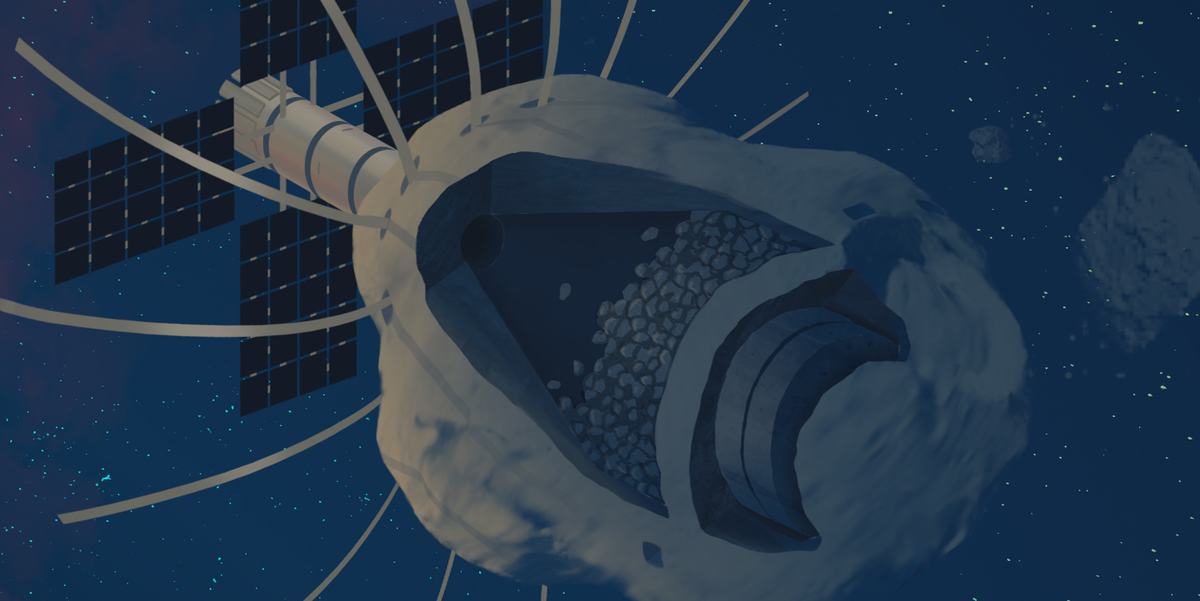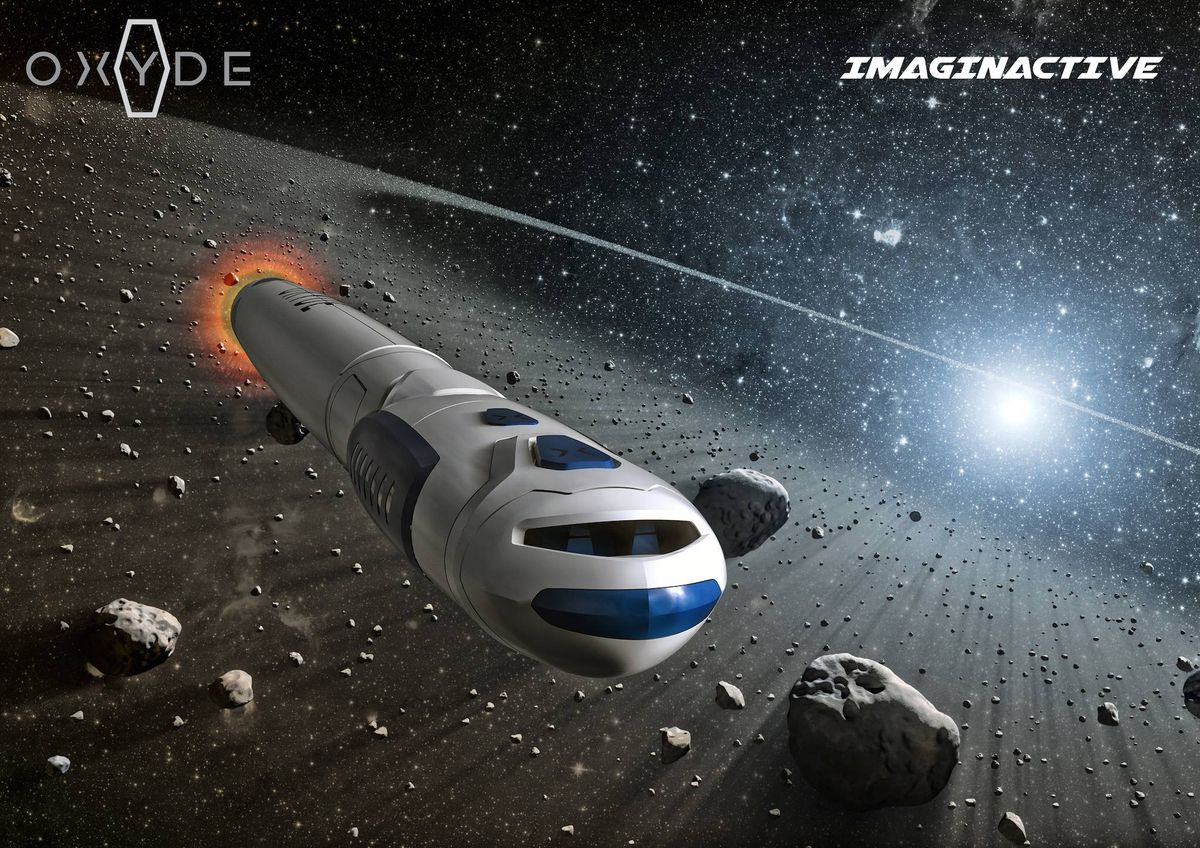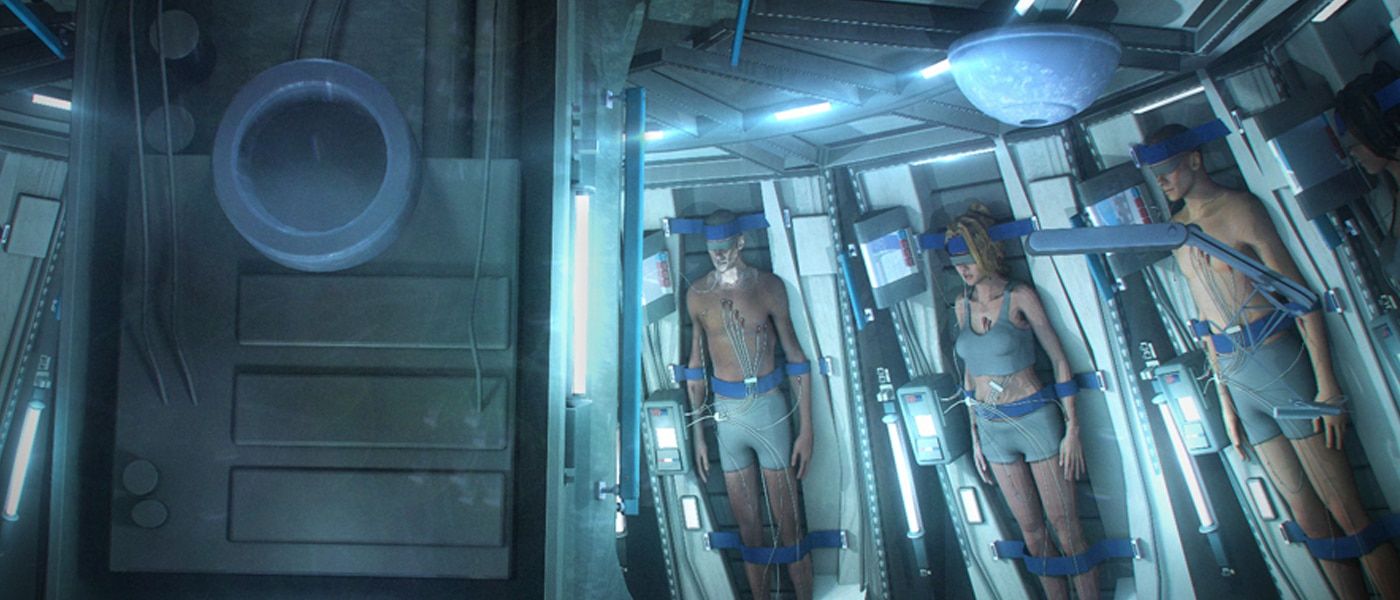Elon Musk discusses his new project digging tunnels under LA, the latest from Tesla and SpaceX and his motivation for building a future on Mars in conversation with TED’s Head Curator, Chris Anderson.


In recent years, multiple space agencies have shared their plans to return astronauts to the Moon, not to mention establishing an outpost there. Beyond NASA’s plan to revitalize lunar exploration, the European Space Agency (ESA), Rocosmos, and the Chinese and Indian federal space agencies have also announced plans for crewed missions to the Moon that could result in permanent settlements.
As with all things in this new age of space exploration, collaboration appears to be the key to making things happen. This certainly seems to be the case when it comes to the China National Space Administration (CNSA) and the ESA’s respective plans for lunar exploration. As spokespeople from both agencies announced this week, the CNSA and the ESA hope to work together to create a “Moon Village” by the 2020s.
The announcement first came from the Secretary General of the Chinese space agency (Tian Yulong). On earlier today (Wednesday, April 26th) it was confirmed by the head of media relations for the ESA (Pal A. Hvistendahl). As Hvistendahl was quoted as saying by the Associated Press: “The Chinese have a very ambitious moon program already in place. Space has changed since the space race of the ’60s. We recognize that to explore space for peaceful purposes, we do [need] international cooperation.”
“The space race has changed since the Soviet Union sent Sputnik 1, the first man-made satellite, into space in 1957. The fight for domination is now between private companies rather than governments.”
Researchers at the Massachusetts Institute of Technology have created a double-armed, laser-guided robot that can basically 3D print a 50-foot-wide house in less than 14 hours with almost no human intervention. The Digital Construction Platform, described today in Science Robotics, consists of a large hydraulic arm mounted on a platform with motorized treads, plus a smaller electric-powered arm for finer movements. The MIT team programmed the solar-powered machine to spray out foam construction material, layer by layer, to form a 12-foot-high, igloo-like structure big enough to house a family. The researchers hope such robots could someday be sent to the moon, Mars or Antarctica to build “print-in-place” habitats from the materials at hand … or at manipulator.



We all know that real space travel and space colonization will not be achieved without the hard work, passion, and courage of people willingly taking risks for the greater good of humanity.
However, we can put all our hearts into deep space missions but won’t succeed unless we also provide the technological innovations needed. Let’s say, that thermal radiation isn’t our biggest enemy in space (literally roasting and melting our astronauts), speed and time are still affecting us the most. Mars, which is only a mere six months of travel time away from Earth, is certainly manageable, but getting to the outer parts of our own solar system already took some 10 years to accomplish.
So, it’s obvious why sci-fi avoids any further questioning by putting space explorers in sleep mode. In reality, shutting down humans is hard to do, whereas keeping a body alive in suspension mode is tricky, to say the least.

Tesla founder and chief executive Elon Musk said his latest company Neuralink is working to link the human brain with computers by creating micron-sized devices.
Neuralink is aiming to bring to the market a product that helps with certain severe brain injuries due to stroke and cancer lesion in about four years, Musk said in an interview with the website Wait But Why on Thursday.
“If I were to communicate a concept to you, you would essentially engage in consensual telepathy,” Musk said in the interview. Neuralink will be Musk’s third company along with Tesla and SpaceX.
Chinese engineers rolled out a Long March 7 rocket to a seaside launch complex on Hainan Island in the South China Sea on Monday, aiming to fire a robotic refueling freighter into orbit as soon as Thursday to test technology for China’s future space station.
The Tianzhou 1 spacecraft mounted on top of the 174-foot-tall (53-meter) Long March 7 launcher will dock with the Tiangong 2 space lab around two days after liftoff, the first of three linkups planned during the cargo carrier’s mission.
Chinese officials said the automated mission is due to launch some time between Thursday and next Monday.

In order to boldly go where no man has gone before we first need to sort out a few things — achieving near-relativistic speeds is certainly one of it. Space travel would allow humanity to explore all the new worlds, visit other galaxies and more so, seek out new life.
Right now NASA scientists are weighing in on that subject again, claiming that the cutting-edge technologies needed to making this pipe dream a reality are getting closer by the day.
Imagine getting to Mars in just 3 days… or putting points beyond our solar system within our reach. New propulsion technologies could one day take us to these cosmic destinations making space travel truly interstellar! — Philip Lubin